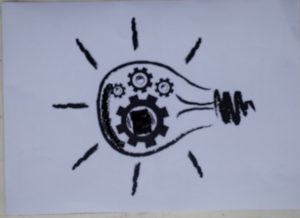 The businesses world over are changing in fundamental ways and in ways and that require us to address them significantly. There are four major drivers of change.
The businesses world over are changing in fundamental ways and in ways and that require us to address them significantly. There are four major drivers of change.
1. The Web 2.0. It refers specifically to the kind of the organic version of the Internet, where we comment on articles, we share our ideas. We won’t just look at web pages because we will actually share and create content as well as perusing the content. That is really a fundamental change affecting the businesses.
2. The Generation Y, the people born after 1980. They are often in positions of some seniority in the in the workplaces. These people are not just tech savvy, have an expectation, for example they will hop jobs, they will not stay in one company for their entire career. They have expectations that the work they are doing is going to be valuable, that the companies that they work for, will have some sort of higher order purpose. Their expectations, their demands are causing businesses to think differently about how to act.
3. The emerging economies. Enormously successful Chinese, Indian companies and of course, companies from Russia and Brazil and so forth are starting to become much more visible and marking their presence on the world stage. Often coming to the world of business with different angles and certainly with lower costs. They are causing a lot of traditional companies to have to re-evaluate their way of working.
4. The sustainability. The whole agenda around creating businesses which don’t just take care of the needs of a narrow set of stakeholders and need to become more agile. They need to become more innovative and adapting more quickly to the changing world. They need to figure out ways of making their employees more engaged. And they need to take purpose much more seriously.
This may be a framework for thinking about the drivers changing in the businesses and the strategical imperatives that businesses have to address.